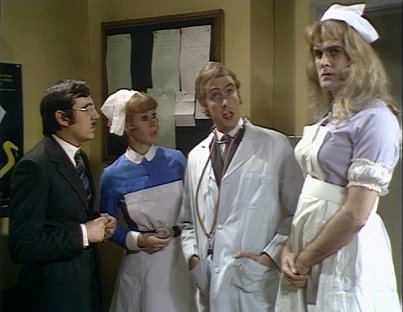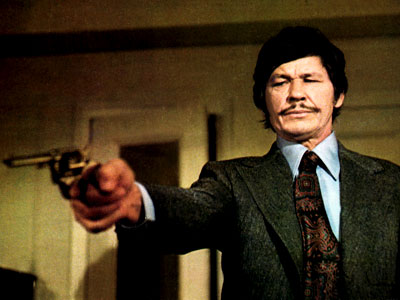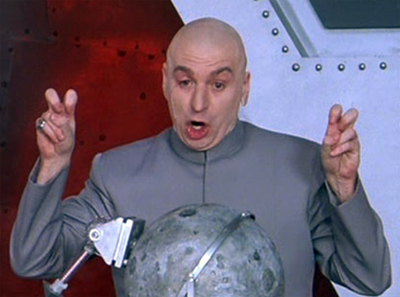
I liked Obama’s speech last night for a couple of reasons:
— He specifically named the lies being told about health-care reform, and called out the public officials who were spreading them. (Five points off for not naming names, though…)
— He correctly pointed out just how much common ground there is with regards to health-care reform. The public option is one controversial piece among a whole lot of not-so-controversial improvements to our system; I noticed how many times the Republicans stood to clap, and rightfully so.
I also liked his talk of tort reform for medical malpractice lawsuits, which seems as much of a no-brainer as any other piece, though apparently it’s a Republican cause célèbre. I sat on a jury in a medmal lawsuit a few years back; because a doctor made one screwup while in a stressful situation, we awarded $3 million to the plaintiffs. And felt dirty while doing it. Even simple caps on awards would be a win, in my book. (But I haven’t really looked into it.)
How bout that Republican jackass, eh? Not only yelling out “You lie!” in the middle of his speech, but yelling out “You lie!” regarding something about which Obama was very clearly not lying. We may have all witnessed the swinging of the pendulum; that seemed to be the exact moment where the jackassery of the truthiness-loving teabaggers was laid bare. One of the two people involved looked like a petulant child at that moment, and it wasn’t the president.
The whole thing made me more hopeful that some good reform will actually come out of this whole mess, public option or not.








